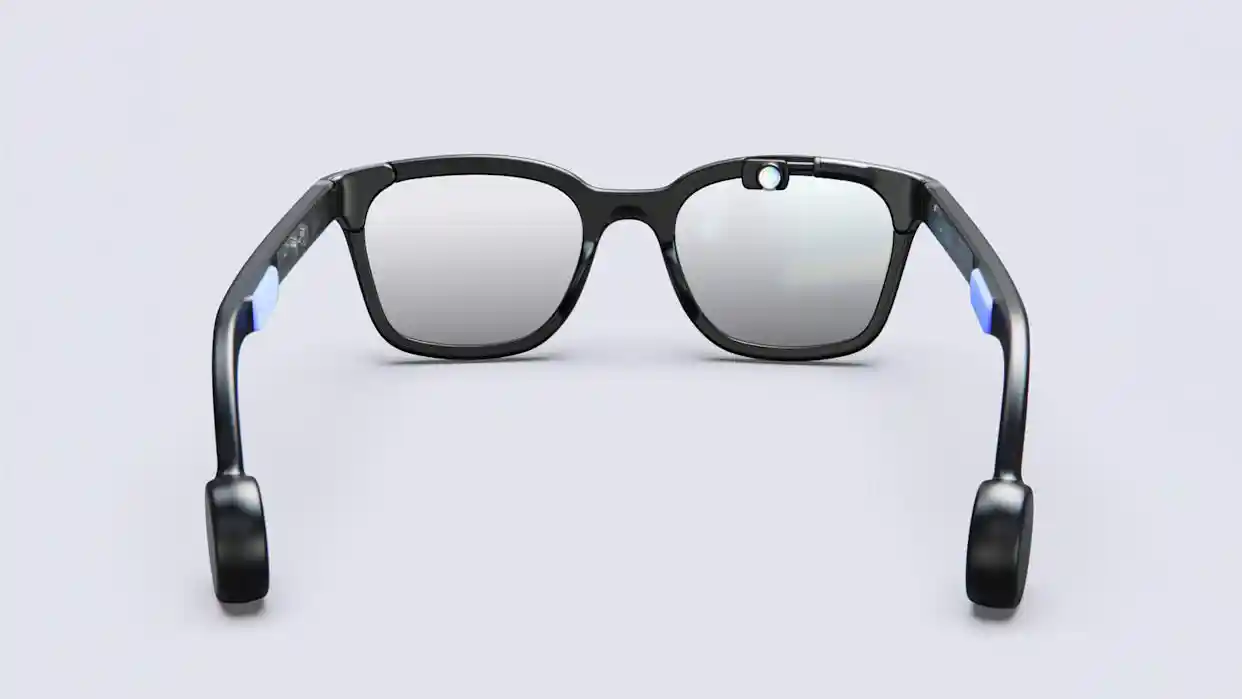I’ve tested my fair share of smart glasses over the years, from early concepts to mainstream releases, but nothing has felt as ambitious as the Halo AI Glasses from Brilliant Labs. Led by a former Apple engineer, this Montreal-based startup isn’t just trying to put a screen in front of my eyes. They’re aiming to create a true AI wearable that serves as an extension of my own memory.
Table of Contents
The promise is staggering: a device that remembers everything I see, hear, and experience, with the ability to recall details from decades ago. At just 40 grams, the glasses look and feel deceptively normal, yet they house a sophisticated Al agent named Noa. After learning about the technology, I believe this could fundamentally change how we interact with information and each other.
In this review, I’ll dive into what makes Halo different from competitors like Meta’s Ray-Ban glasses, the technology that powers its incredible memory system, and the profound privacy questions it raises. This isn’t just another gadget; it’s a glimpse into a future where forgetting might become optional.
🧠 Noa and the Narrative Memory System
The core of the Halo glasses is Noa, an AI agent designed for natural, flowing conversation rather than just responding to commands. What truly sets Noa apart, however, is its ‘Narrative’ memory system. Instead of storing raw video and audio files—which would be a privacy nightmare and a data-hoarding mess—Halo creates structured, contextual memories.
This means Noa can remember the name of a person I met briefly at an event, recall specific details from a conversation I had months ago, and even track the location of my personal objects. CEO Bobak Tavangar explained that the AI works autonomously in the background, connecting unstructured audio, video, and contextual data into a coherent digital autobiography.
The practical applications are immense. I can simply ask Noa, ‘What was the name of the designer I met at the conference last week?’ or ‘Where did I last see my keys?’ For individuals with memory challenges, this technology could be life-changing, offering a level of cognitive assistance we’ve never seen before.
🛠️ A Look at the Impressive Tech Specs
For a device so lightweight, the technology packed into Halo is remarkable. It features a vibrant micro color OLED display that provides information without obstructing my view. The most critical component is the ultra-low-power Alif B1 processor, which combines a Cortex-M55 CPU with a dedicated neural processing unit (NPU). This allows most of the AI processing to happen directly on the device, which is a huge win for both performance and privacy.
The glasses boast a 14-hour battery life, designed to last a full day of continuous use. For audio, Halo uses dual bone conduction speakers, which deliver sound without blocking my ears. This design choice is crucial, as it allows me to stay aware of my surroundings while interacting with Noa, reinforcing the device’s ‘ambient computing’ philosophy.
Brilliant Labs has also taken a radical open-source approach. All hardware and software documentation is freely available, allowing developers to create custom applications. There’s even an experimental ‘Vibe Mode’ where I can describe an app I want in natural language, and Noa generates the code for it on the spot. It’s a bold move that aims to democratize the development of this new computing platform.
🤔 The Big Questions: Privacy and the Future
Of course, a device that remembers everything raises significant privacy concerns. While Brilliant Labs emphasizes on-device processing, the mathematical representations of my experiences could still be vulnerable. The open-source nature, while great for transparency, also means security flaws could be more easily exploited if not carefully managed.
The company plans to start shipping Halo globally in November 2025 for a competitive price of $299. The real test will be social acceptance. Are we ready for a world with perfect, persistent memory? How does it change our relationships when we can recall every word of a past conversation?
Halo represents a vision of technology as a cognitive extension, not just an external tool. It’s a profound and exciting concept, but one that comes with a heavy weight of responsibility. Whether it becomes a mainstream success or remains an ambitious experiment will depend on society’s readiness for an AI that never forgets. The underlying tech, like neural networks, continues to advance, making such devices more powerful each year.
- A Beginner’s Guide to AI Agents – Your Digital Teammates
- The AI Networking Playbook – How to Build Your Professional Circle
- Demystifying Neural Networks – A Guide for Everyone
- GPT-5 – Is OpenAI’s New Model Truly at a ‘PhD Level’?
- ChatGPT-5 – A Guide to the New Features and Changes
- How to Personalize Bedtime Stories for Your Children
- How to Use AI as a Social Media Manager
